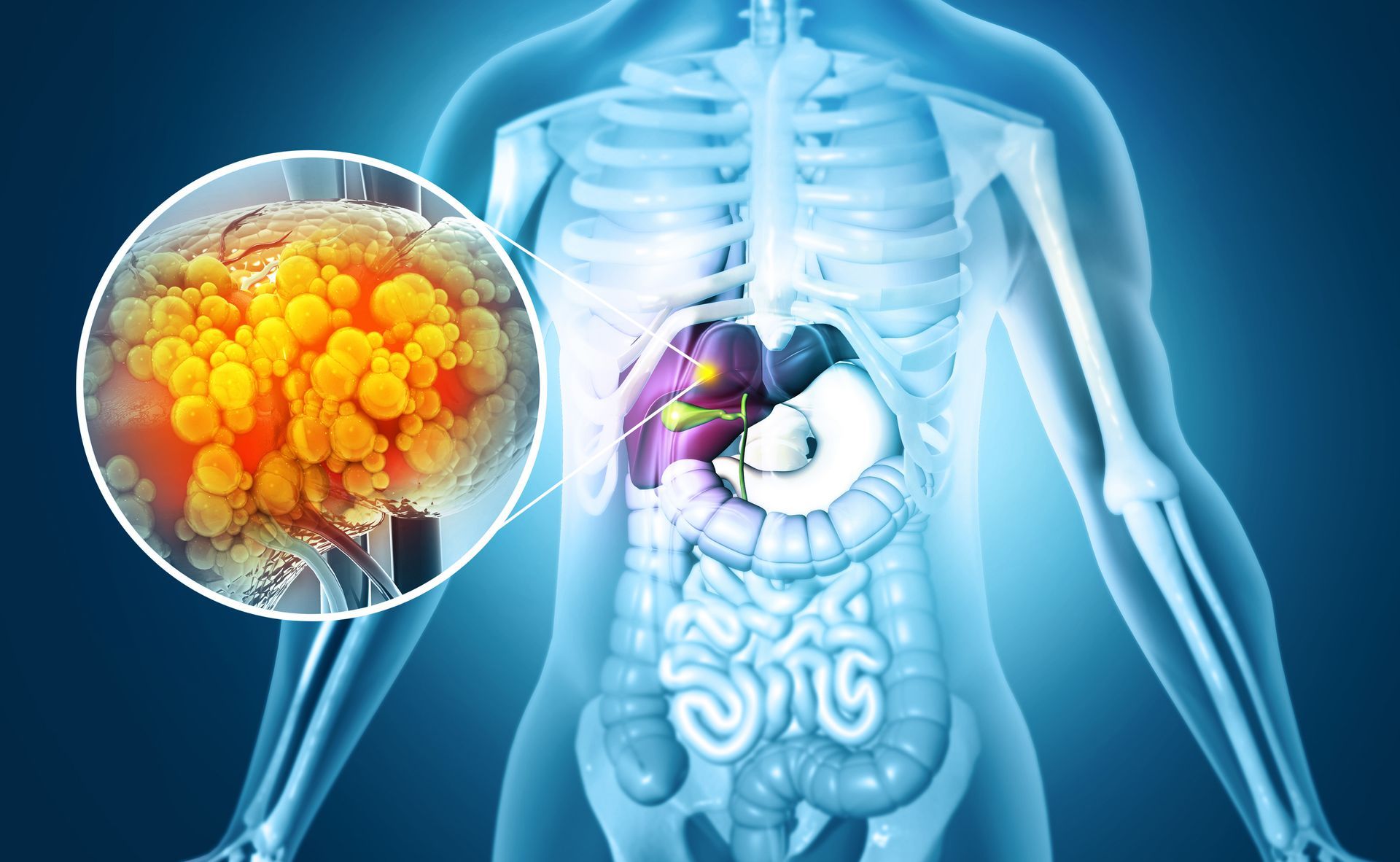Hepatitis C Diagnosis: What Every Patient Should Know
Nearly 3.4 million people in the United States are living with hepatitis C. The hepatitis C virus (HCV) infects the liver and is spread through contact with the blood of a person who is infected. This means that a person can not catch the disease from things such as sharing food or beverages or from sneezing or coughing. Rather, HCV may be contracted by sharing needles while using injectable drugs, being tattooed or pierced with non-sterilized machinery, having received hemodialysis treatments for an extended period of time, having had a blood transfusion prior to 1992, or being born to a mother infected with hepatitis C.
What Are the Symptoms of Hepatitis C?
Hepatitis C can be a silent disease, meaning that many who have it display no symptoms and therefore do not get tested. Those who experience symptoms can develop them anywhere from the days immediately following contraction to years later. These signs include bruising or bleeding easily, reduced appetite, fatigue and confusion despite getting enough sleep, jaundice, dark-colored urine, clay-colored stool, pain, swelling, or stiffness in the joints and abdomen, or unexplained weight loss.
What are the Dangers of Hepatitis C?
It is not uncommon for hepatitis C to go undetected for years at a time. The CDC estimates that over 3 million Americans are infected with HCV, but as many as 75 percent are unaware of the infection. In these cases, the liver is slowly damaged over a course of several years before the disease is found. As a result, serious complications can result, including cirrhosis of the liver, liver cancer, and liver failure.
What to Do If You Are Diagnosed with Hepatitis C?
If you test positive for hepatitis C, there are some changes you should make immediately. Those changes should involve reducing intake of alcohol, reducing or quitting tobacco usage, and maintaining a healthy diet.
Once you are diagnosed + for the HCV antibody there are a series of tested which are completed in order to determine if you have active virus or if you have cleared the virus and have just been exposed. There are also several different genotypes of hepatitis C. The doctor who has provided your diagnosis can normally tell you what genotype and subgenus of hepatitis C you have contracted. Once this has been determined, antiviral medications provided by your doctor can be started to help treat the virus, along with continued monitoring to assess the effectiveness of treatment.
Gastroenterologists are specialists in the digestive system, including the liver. These physicians are the best equipped to both diagnose and treat hepatitis C. If you have potentially been exposed to HCV, it is important to get tested for the disease to maintain your own health, as well as to reduce the risk of spreading the virus to others. Contact Digestive Diseases Center, and request an appointment with one of our gastroenterology specialists.
CONTACT
850-763-5409
ADDRESSES
4 LOCATIONS
204 E 19th Street, B, Panama City
12216 Panama City Beach Pkwy, D, Panama City Beach
4295 3rd Ave, Marianna
101 Good Morning St., 109B, Port St. Joe
Subscribe to our newsletter:
subscribe to our newsletter
We will get back to you as soon as possible.
Please try again later.



